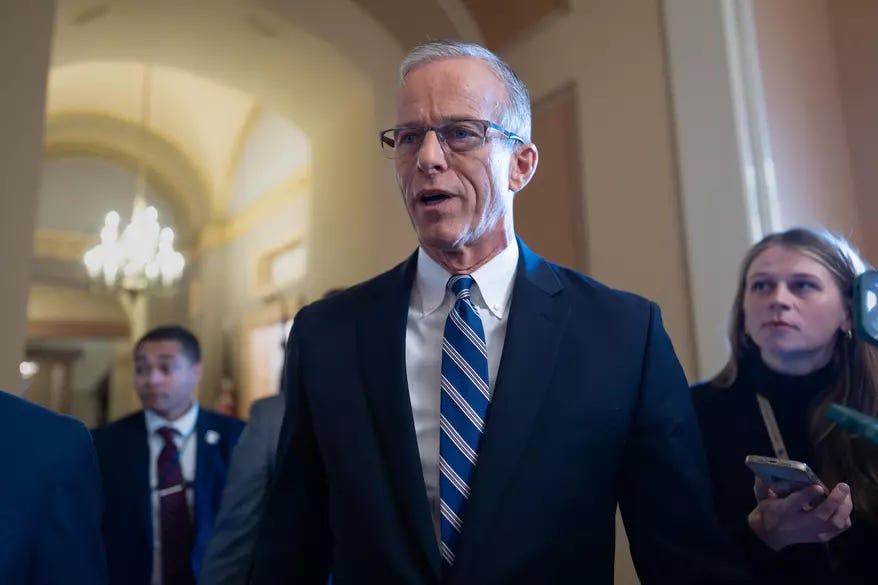Breaking News: Senate Reaches Bipartisan Deal to End Longest Government Shutdown
The deal, negotiated by a group of Democrats and GOP leaders, funds the government through Jan. 30. If it passes, it will still need to clear the House, which will likely take days.

A coalition of Senate Democra…




